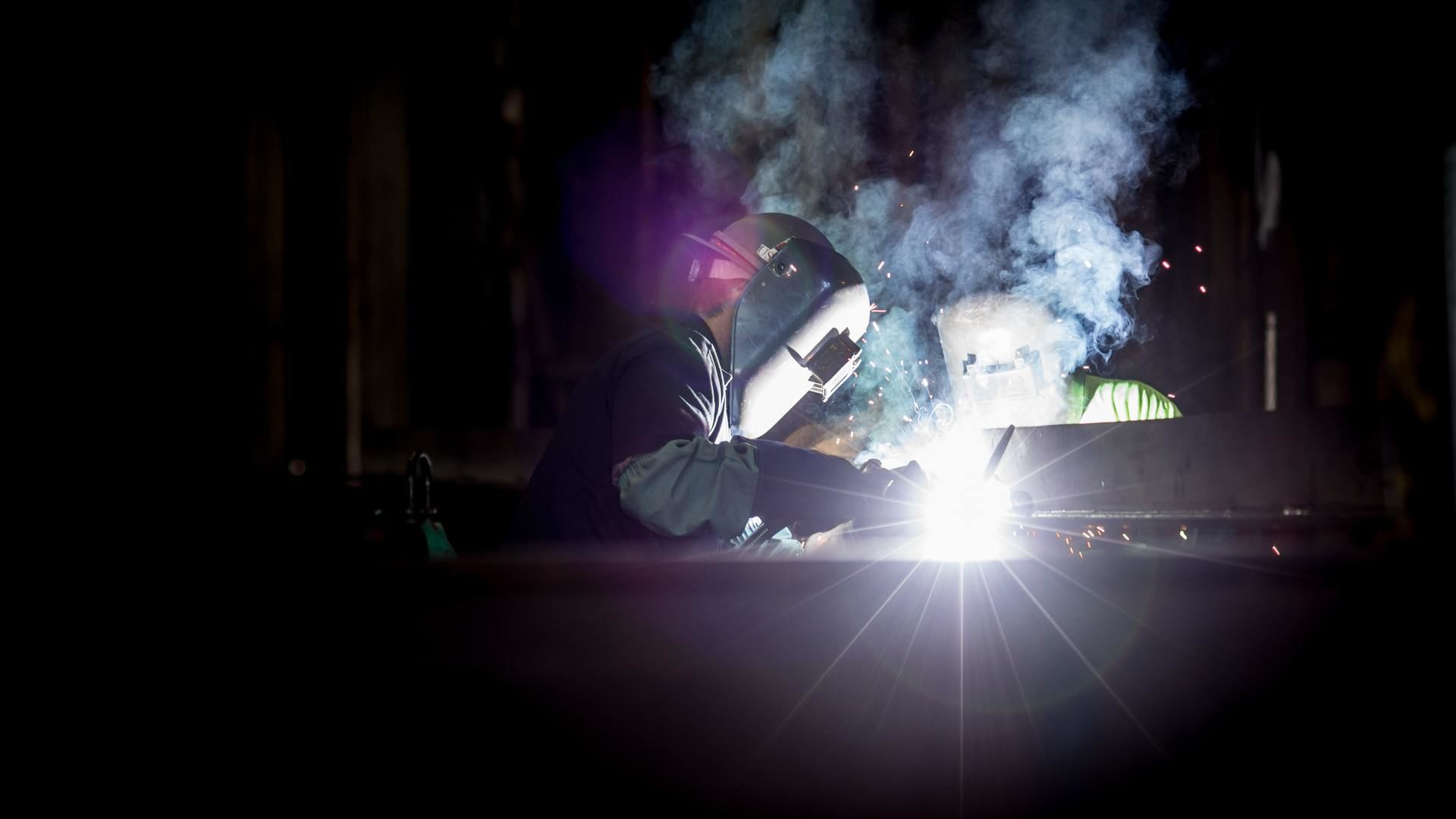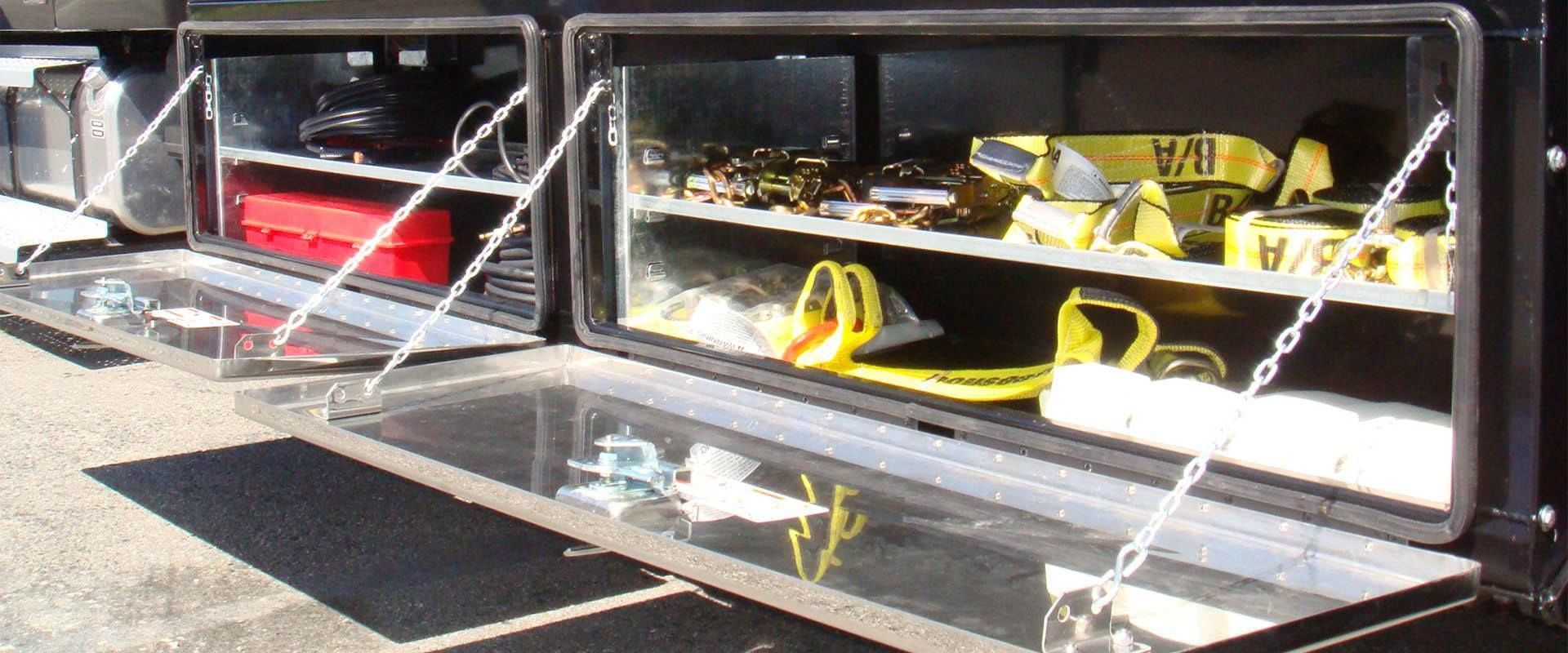
29 Oct What Is A Laser Operator?
Custom metal fabrication is a great way to get your vehicle to stand out from the crowd. Aesthetics and functionality can both be addressed by a laser operator. But what exactly is a laser operator, and how do they get the job done? Understanding the process, you’re about to put your vehicle through is important. Here’s everything you need to know.
What Is A Laser Operator?
Laser operators are the ones in charge of controlling the machines and devices used for laser purposes. There are several different reasons why a laser might be used. From small engravings on plastic to cutting entire pieces of metal, laser devices are versatile and effective.
Laser operators make sure that everything is functioning properly and make any necessary adjustments to the machine so that it meets the right specifications. Furthermore, they make sure there aren’t any issues with the equipment by thoroughly checking it on a regular basis. Depending on the position, a laser operator might also take inventory of instruments and tools associated with the laser whenever inventory is required.
What Are A Laser Operator’s Responsibilities?
Although the job of a laser operator is relatively straightforward, their scope of work may vary from one company to another. Depending on the needs of the business, a laser operator may:
- Control the laser and brake press equipment
- Follow all GMP, FDA, and ISO regulations
- Load materials into the computer numerical control (CNC) system and ensure everything operates smoothly.
- Utilize CNC laser to cut and produce plastic and metal parts
- Maintaining a safe and clean work environment
The role of a laser operator is not one to be taken lightly. It can be dangerous if the operator neglects their responsibilities. However, when done correctly, the outcome is generally one that adds value to the part.
Laser Operator Skills
To effectively accomplish their job, a laser operator must be skilled in multiple areas. Specifically, they should be knowledgeable in the following.
- Laser – They should be able to demonstrate a detailed knowledge of the laser machine and the process of laser operations
- Hand Tools – At times, the laser operator may need to utilize hand tools in a finishing capacity such as hand tools, grinders, tumblers, etc.
- Machine Parts – The laser operator should be able to remove burrs and other obstructions from the laser with air tools.
- CNC – Laser operators must be able to load material into the CNC, access files for pertinent programs, and keep the laser running smoothly throughout the laser cutting process.
- Preventive Maintenance – Laser operators should be able to complete preventative maintenance on the laser by conducting quality assurance and troubleshooting measures.
If you have any questions about laser operators, laser cutters, or custom metal fabrication, reach out to a qualified expert.
Need a Custom Metal Fabricator?
RC utilizes continuous improvement methods, high-quality materials, and the best fabrication tools money can buy. RC constantly refines our toolboxes and other products to give you the best result at the most economical rates. If you struggle with your current supplier’s quality, give RC a try. Contact us today and you will find that we deliver as promised.

